Water storage tanks offer a solution for storing and managing water supplies. Designed with durability and efficiency, these tanks provide a good water source for various applications, from drinking and irrigation to firefighting and industrial processes. Available in different sizes and shapes, they cater to diverse requirements. They resist corrosion and withstand harsh environmental conditions, manufactured using good-quality materials such as steel, plastic, or concrete. Additionally, these tanks feature advanced technology for filtration and purification to ensure the water stored remains safe for consumption or use. Maintenance of these tanks remains relatively easy, with models designed for simple cleaning and disinfecting procedures. The installation process remains straightforward, making them a practical choice for urban and rural settings. With a high capacity for water storage, they provide a suitable solution for water scarcity issues. Thus, water storage tanks ensure a constant clean water supply.
Types and materials of water storage tanks
Water storage tanks come in various shapes, sizes, and materials, each designed to meet different needs and applications. Potable water tanks are often constructed from non-toxic materials to store drinking water safely. In contrast, underground water storage tanks are typically robust and corrosion-resistant to withstand environmental pressures. The metal water tank is durable, while the low-profile tank is ideal for space-constrained areas. Polyethylene tanks, characterized by their cost-effectiveness and versatility, also function in residential and commercial settings. Despite their high installation cost, concrete tanks provide an excellent option for long-term water storage due to their high durability and low maintenance needs. The choice of material depends on price, durability, maintenance needs, and the nature of the water to be stored. Ensuring the appropriate material for the intended application optimizes the efficiency and lifespan of the water storage tank. Therefore, carefully assessing the available options becomes crucial before settling on a particular type of water storage tank.
Significance and importance of water storage tanks
A cistern tank, or a water cistern, is a water storage tank typically buried underground. These are often used in areas where water resources are limited. Underground water tanks are space-saving and offer the advantage of being less susceptible to temperature variations, thus preserving the water quality. Additionally, these tanks reduce reliance on municipal water supply, resulting in significant savings on water bills. Using cisterns also alleviates pressure on groundwater sources, contributing to the preservation of the environment. In areas prone to flooding, cisterns can help control runoff, reducing the risk of water damage. Thus, the significance of cistern water storage tanks extends beyond mere water storage, offering environmental, economic, and disaster management benefits.
Finally, water holding and reservoir tanks are integral to many industrial processes. These tanks store large volumes of water, ensuring a good supply for various applications. Similarly, long-term water storage containers are designed to keep water safe for extended periods. Furthermore, water storage tanks provide an essential water source during emergencies or natural disasters when the regular water supply is disrupted. In industrial settings, these tanks are integral to cooling systems, waste management, and fire protection systems. In agriculture, water storage tanks help in irrigation and livestock watering. Not only does using these tanks contribute to water conservation efforts, but it also leads to significant cost savings. Therefore, the importance of water storage tanks must be balanced.
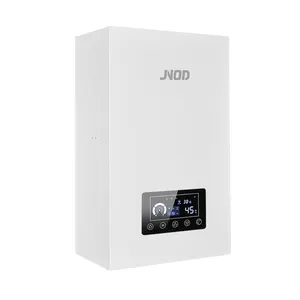
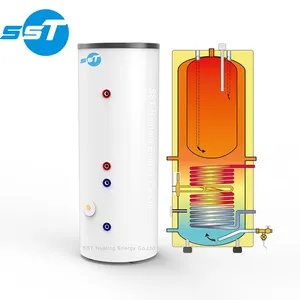





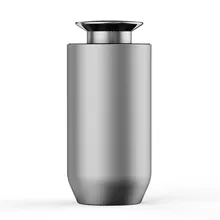


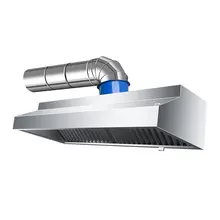





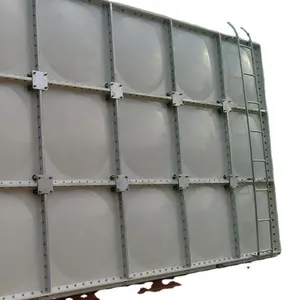























 浙公网安备 33010002000092号
浙公网安备 33010002000092号 浙B2-20120091-4
浙B2-20120091-4